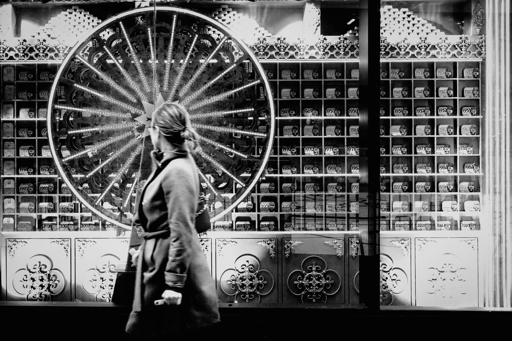The idea feels like sci-fi because you’re so used to it, imagining ads gone feels like asking to outlaw gravity. But humanity had been free of current forms of advertising for 99.9% of its existence. Word-of-mouth and community networks worked just fine. First-party websites and online communities would now improve on that.
The traditional argument pro-advertising—that it provides consumers with necessary information—hasn’t been valid for decades.



I get the impression that misrepresentation is banned… And that’s why ads are often not about the product, but instead showing emotional images, playing catchy music (with brand-related lyrics), making related jokes. When what you can truthfully say is no better than the competition, you have to take a different approach…
Almost anything that can be remotely subjective (“best”, “better”, “more effective”, etc.) gets pushed into the “puffery” exception of (US) truth-in-advertising laws.
Even very objective claims that are untrue can be upheld, if they are (e.g.) based on an internal study. Even if there’s a better sourced, more repeated study with stronger claims (in the other direction) that is widely published. The companies involved just claim ignorance (which isn’t illegal) and offer to pull that claim from future campaigns (as if that addresses any of the damage caused by the false claims). Their lawyers can file continuances until the campaigns they’ve already paid for are complete anyway.
So, in theory misrepresentations is banned, but it happens and is often not punished when it does.
But, yeah, current advertising is largely not about making any sort of claim; it’s just telling a story the the customer and see themselves in, but is made somehow better (that real life) because the product/brand is present.
Bless your heart.